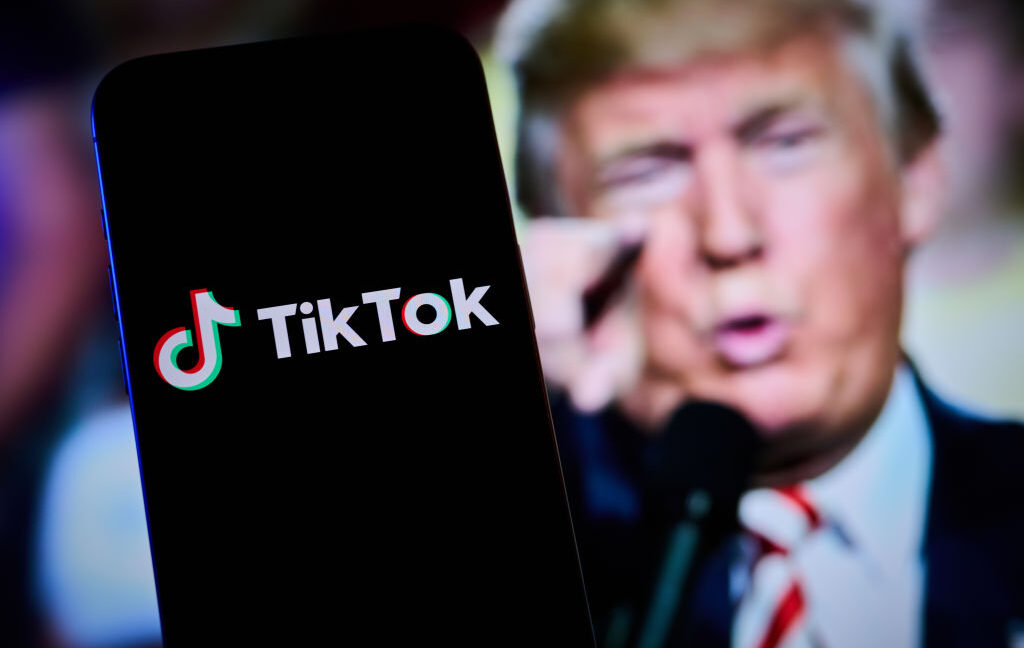Trump told SCOTUS he plans to make a deal to save TikTok
Several members of Congress— Senator Edward J. Markey (D-Mass.), Senator Rand Paul (R-Ky.), and Representative Ro Khanna (D-Calif.)—filed a brief agreeing that “the TikTok ban does not survive First Amendment scrutiny.” They agreed with TikTok that the law is “illegitimate.”
Lawmakers’ “principle justification” for the ban—”preventing covert content manipulation by the Chinese government”—masked a “desire” to control TikTok content, they said. Further, it could be achieved by a less-restrictive alternative, they said, a stance which TikTok has long argued for.
Attorney General Merrick Garland defended the Act, though, urging SCOTUS to remain laser-focused on the question of whether a forced sale of TikTok that would seemingly allow the app to continue operating without impacting American free speech violates the First Amendment. If the court agrees that the law survives strict scrutiny, TikTok could still be facing an abrupt shutdown in January.
The Supreme Court has scheduled oral arguments to begin on January 10. TikTok and content creators who separately sued to block the law have asked for their arguments to be divided, so that the court can separately weigh “different perspectives” when deciding how to approach the First Amendment question.
In its own brief, TikTok has asked SCOTUS to strike the portions of the law singling out TikTok or “at the very least” explain to Congress that “it needed to do far better work either tailoring the Act’s restrictions or justifying why the only viable remedy was to prohibit Petitioners from operating TikTok.”
But that may not be necessary if Trump prevails. Trump told the court that TikTok was an important platform for his presidential campaign and that he should be the one to make the call on whether TikTok should remain in the US—not the Supreme Court.
“As the incoming Chief Executive, President Trump has a particularly powerful interest in and responsibility for those national-security and foreign-policy questions, and he is the right constitutional actor to resolve the dispute through political means,” Trump’s brief said.
Trump told SCOTUS he plans to make a deal to save TikTok Read More »


